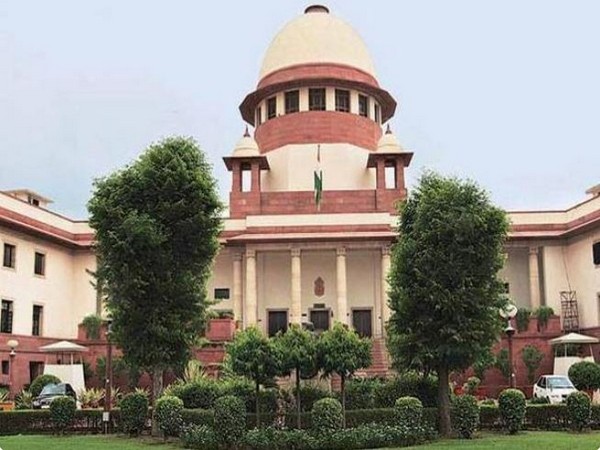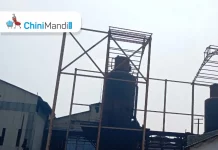The Supreme Court has dismissed an application by Kwale Sugar International Company Ltd to stop insolvency proceedings initiated by EPCO Builders Ltd over a Sh405 million debt, delivering a significant setback to the sugar miller’s efforts to avoid liquidation.
Kwale Sugar had sought conservatory orders to block the continuation and publication of Nairobi High Court Insolvency Petition No. 007 of 2019, arguing that the debt dispute should be resolved through arbitration, as outlined in the construction contract between the two companies.
The dispute originates from a Sh2.2 billion contract awarded to EPCO for building a sugar factory. Kwale Sugar claims the Sh405 million payment demand is unwarranted due to EPCO’s alleged non-performance.
Despite its objections, both the High Court and the Court of Appeal allowed the insolvency petition to proceed, prompting Kwale Sugar to seek relief from the Supreme Court.
The company warned that allowing the insolvency process to move forward could cause irreparable harm, including reputational damage, the loss of 2,500 jobs, and disruptions for 300 contracted sugarcane farmers.
Kwale Sugar also argued that the appeal raised constitutional issues and noted it had already paid EPCO Sh1.79 billion, suggesting there was no urgency in recovering the remaining amount.
However, the Supreme Court ruled that it did not have jurisdiction to stay proceedings before the High Court, explaining that such authority is confined to appeals from the Court of Appeal. The judges also found that the case lacked sufficient constitutional questions to justify the Court’s intervention.
“The Court cannot frog-leap the Court of Appeal to provide relief to a party before the High Court. To do so would be inconsistent with its jurisdiction,” the ruling stated.
With this decision, the insolvency proceedings against Kwale Sugar will continue. The company’s future now depends on whether it can challenge the debt in the High Court or negotiate a settlement with EPCO.
The case underscores the growing tension between enforcing commercial debts and preserving distressed businesses in Kenya, particularly in critical sectors such as agriculture and manufacturing.












